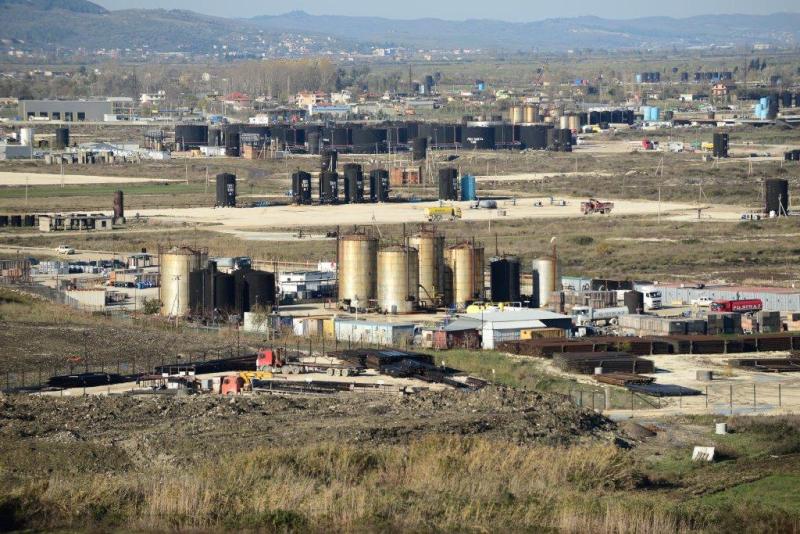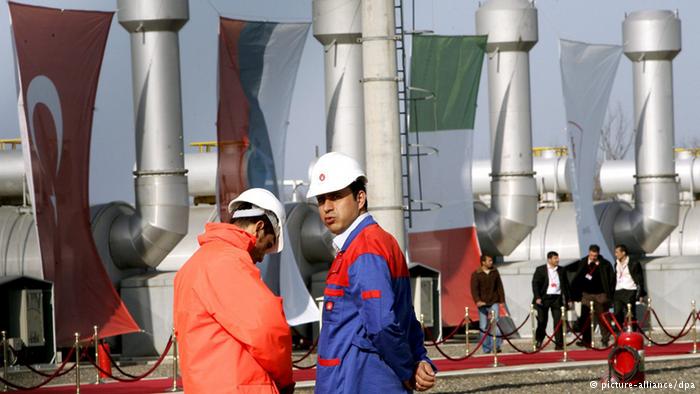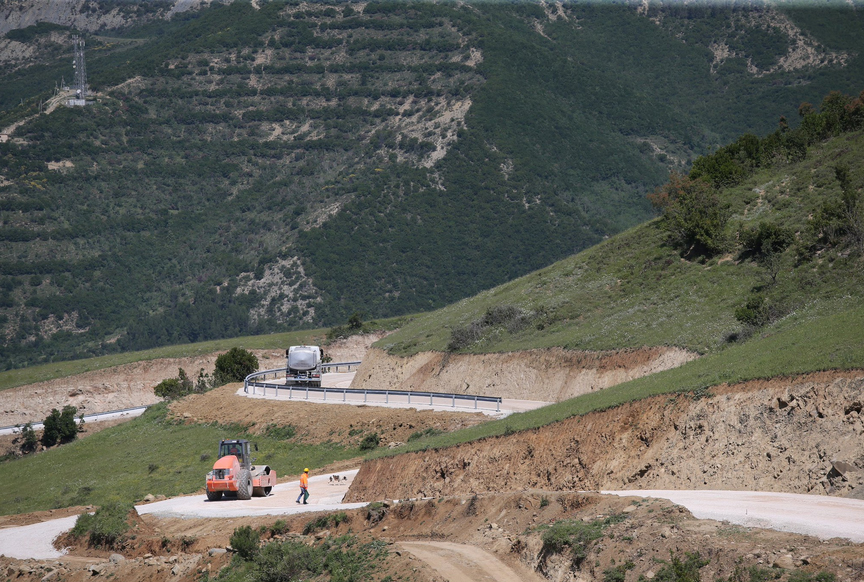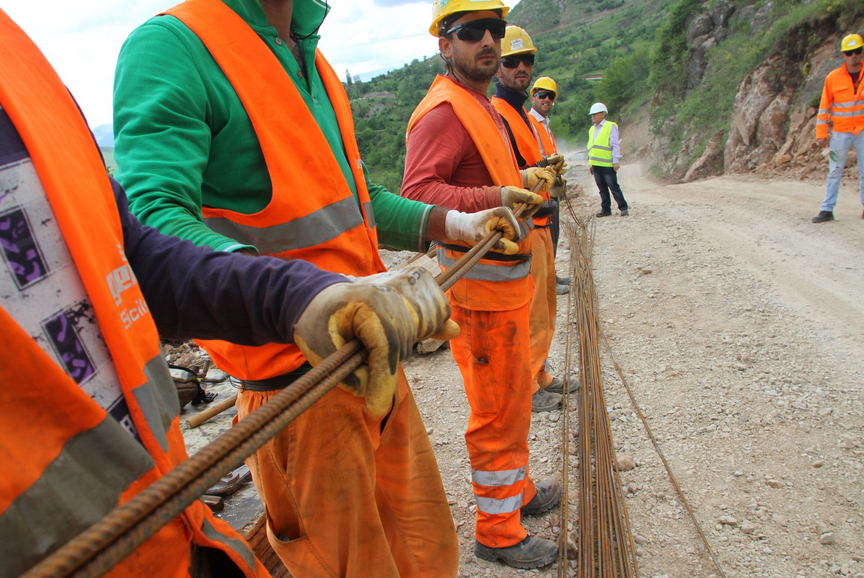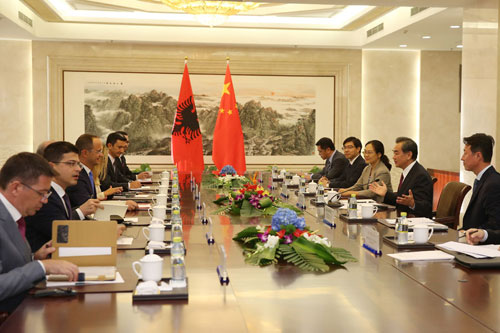
Wang Yi Holds Talks with Foreign Minister Ditmir Bushati of Albania
 On August 25, 2016, Foreign Minister Wang Yi held talks in Beijing with visiting Foreign Minister Ditmir Bushati of Albania.
On August 25, 2016, Foreign Minister Wang Yi held talks in Beijing with visiting Foreign Minister Ditmir Bushati of Albania.
Wang Yi expressed that Albania is a traditional friend of China. It made historic contributions to recovering the lawful seat of the People’s Republic of China in the United Nations back in the days, which the Chinese government and people bear deeply in mind. China and Albania have built a profound friendship featuring mutual trust and mutual support since the establishment of diplomatic relations 67 years ago. In recent years, the two sides have conducted close high-level exchanges and enjoyed firm political mutual trust. China is willing to work with Albania to earnestly implement the important consensus reached by leaders of both countries, give full play to bilateral cooperation mechanisms in related areas, advance the in-depth and substantial development of bilateral relations, and benefit the two peoples.
Wang Yi noted that both sides should boost high-level exchanges and consolidate political mutual trust. China appreciates Albania for its long-term and valuable support on issues related to China’s core interests and major concerns, and respects Albania’s choice of development path that is based on its national conditions and people’s will. Both sides should deepen practical cooperation and enrich the connotation of bilateral relations. China is willing to speed up the docking of national development strategies with Albania, substantially push forward practical cooperation in various areas including infrastructure construction, energy, industrial parks, agriculture and others, and strive for new breakthroughs in major project cooperation between the two countries. It is hoped that the Albanian side can provide convenience for Chinese enterprises to participate in Albania’s construction. The two sides should intensify people-to-people and cultural exchanges, advance cooperation in such areas as culture, education, tourism and local affairs, and offer more convenience for personnel exchanges, so as to facilitate the connection of the two peoples’ hearts.
Wang Yi stated that cooperation between China and 16 countries in Central and Eastern Europe (CEE) including Albania has grew out of nothing and expanded from small to large, setting a model for sub-regional cooperation. As the “16+1 cooperation” gradually enters into the mature period and the harvest time, China is ready to, together with the 16 CEE countries, push the “16+1 cooperation” for more tangible results, assist the European integration process, and play a constructive role in the development and prosperity of Europe.
Ditmir Bushati said that China has rendered precious support and assistance to the economic construction and social development of Albania for a long time, to which Albania offers deep gratitude. Albania treasures the traditional friendship with China, and always firmly adheres to the One-China policy. Cooperation in various fields between the two countries in recent years has achieved positive outcomes, presenting huge development space in the future. Albania is willing to deepen cooperation with China in such areas as transportation, tourism, education and people-to-people and cultural exchanges, support the “Belt and Road” initiative proposed by President Xi Jinping, and provide favorable conditions and convenience for Chinese enterprises to enter Albania. China, as an important cooperative partner of the “16+1 cooperation”, has played a significant role in regional integration process. Albania is willing to enhance coordination and cooperation with China in international and regional affairs. It is hoped that both sides can join efforts to advance bilateral friendly relations to continuously achieve more outcomes.
Both sides also exchanged views on international and regional issues of common concern.

